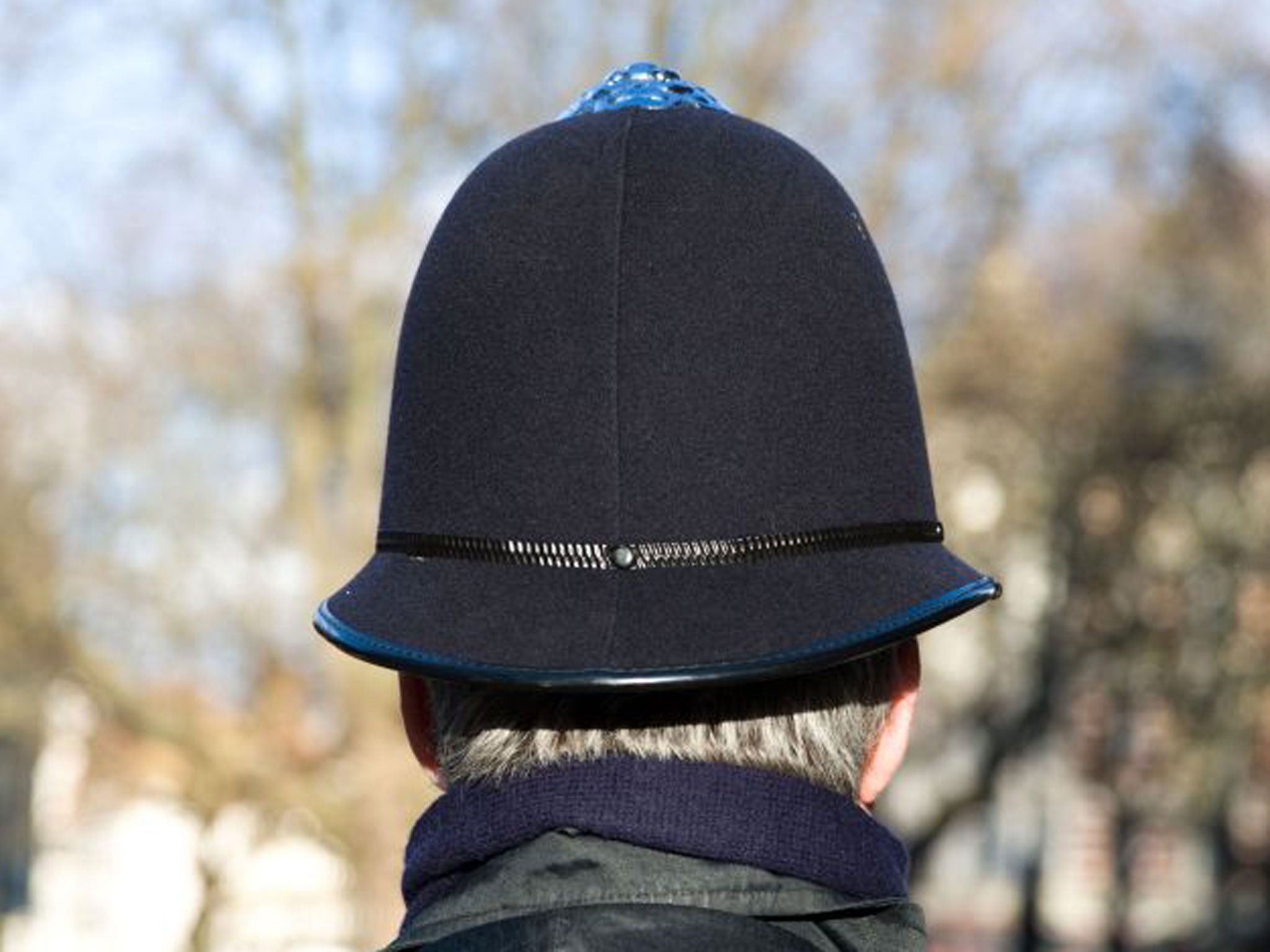Blowing the whistle: The inside story of how targets make policing worse

Police crime figures have come under scrutiny after the Office for National Statistics revealed concerns that officers had come under “informal pressure” to cut the level of offences. With crime apparently falling, the Government has trumpeted its successes even as forces face cuts and dissent from within the ranks. Here a serving constable reveals how the system works for frontline officers...
Crime doesn’t get investigated properly and it hasn’t done for a long time now. Certain crimes get dealt with straight away because they’re the easy ones to deal with. You have to be 110 per cent certain that a crime has been committed for it to be recorded as a crime.
Just about every single reported theft of a mobile phone is recorded as lost property. You will find very, very few recorded attempted burglaries because they all get recorded as criminal damage. The reason is because burglary is a far more serious crime and every force has its priorities. A reduction in burglary is a massive thing and if they can keep figures for burglary and attempted burglary low that effectively increases public confidence – they get measured on that as well.
They will actually hold back detected crimes. They will set a target each month – somewhere in the region of 30 to 35 percent. But if after the first 25 days of the month they have detected 50 percent they will actually hold 15 percent of them back and it goes over into the next month.
Crimes only get detected if they’re easily solvable. The vast majority of all shoplifting and thefts from shops are solved. Nearly every single store now has CCTV and security who know the prominent shoplifters. I know for a fact that if I got to work and a shoplifting comes in, my supervisor would tell me: “Quick, get that” because it’s an easy detection, especially if the shops have the shoplifters detained. It’s a bunfight to see who gets there first to arrest them because it’s an easy detection.
But the next month they will be on to you because that detected shoplifter has been stuck in the bank which will be used in three months’ time. You can’t do anything about it. All you can do now – and this is why it’s such a bureaucratic process – is that when you detect something is to create an audit trail in case anyone says: no you haven’t. Honestly, all it is a huge backside covering exercise.
There just isn’t enough people to investigate crimes properly. If, say, there is a queue of 20 jobs and you have five officers to deal with them, it’s impossible to fully investigate a crime properly. You’ll get sergeants and inspectors saying, why are you still there? Get on to the next job.
You could spend four or five hours investigating an attempted burglary but you know nobody’s going to pat you on the back and say “I know you’ve done your best”. What they would rather see is that you’ve done lip service to attempted burglary but you get your detected on the shoplifting.
I go and see victims of crime all of the time and some of them are heart-wrenching. They might have suffered what seems to other people like the most insignificant crime, but when you speak to an 80-year-old woman who has had her letterbox damaged, what’s wrong with spending an hour there having a cup of tea reassuring them? You’re not allowed to do that.
The public in this country do not in any way get the service that they deserve. Policing nowadays is fire brigade policing. You go to a job, you deal with it in the quickest possible fashion before the pressure is on you to deal with the next one. If you don’t deal with the next job, there’s no other officer to do it.
The police officer’s name has been withheld. He is a long-serving frontline officer.
